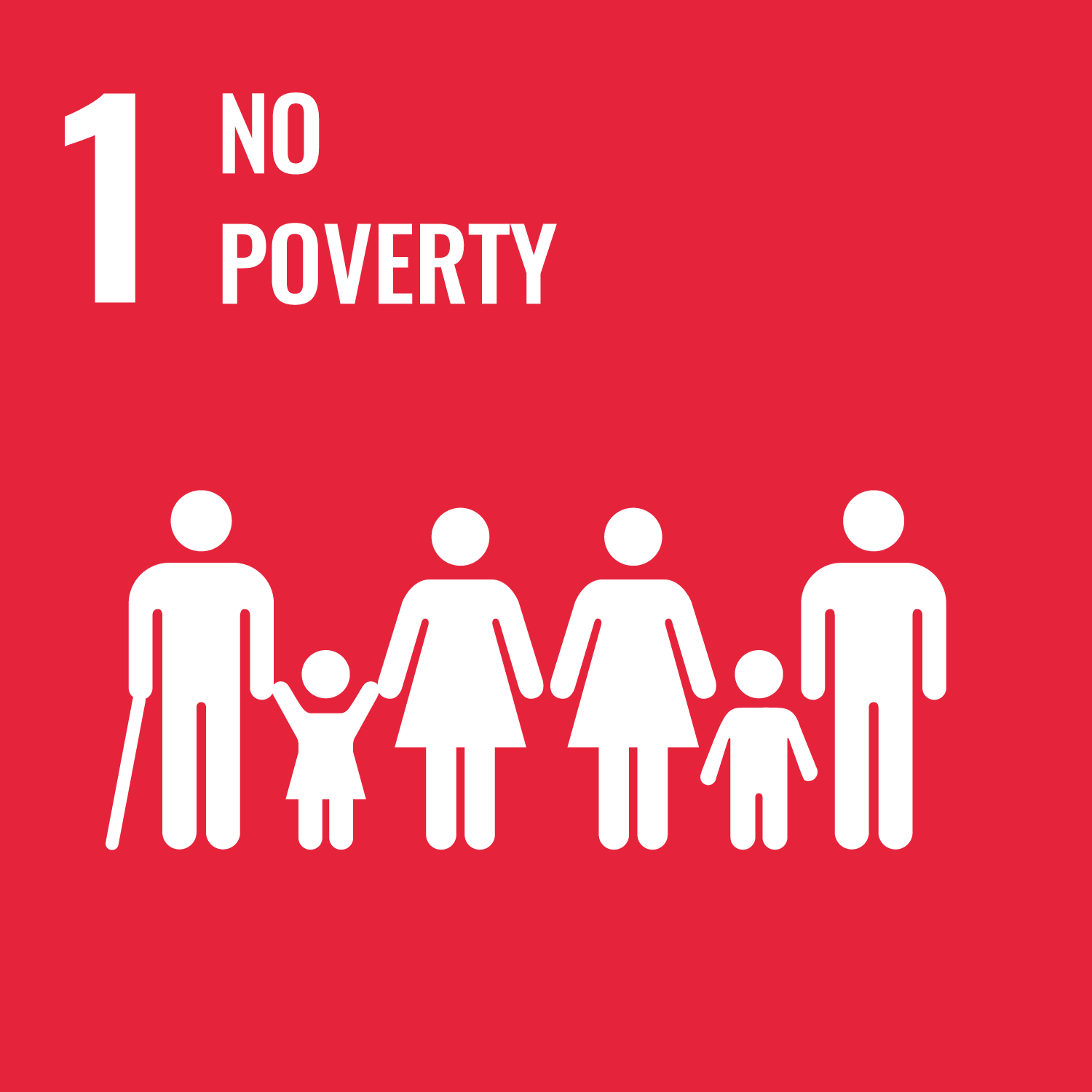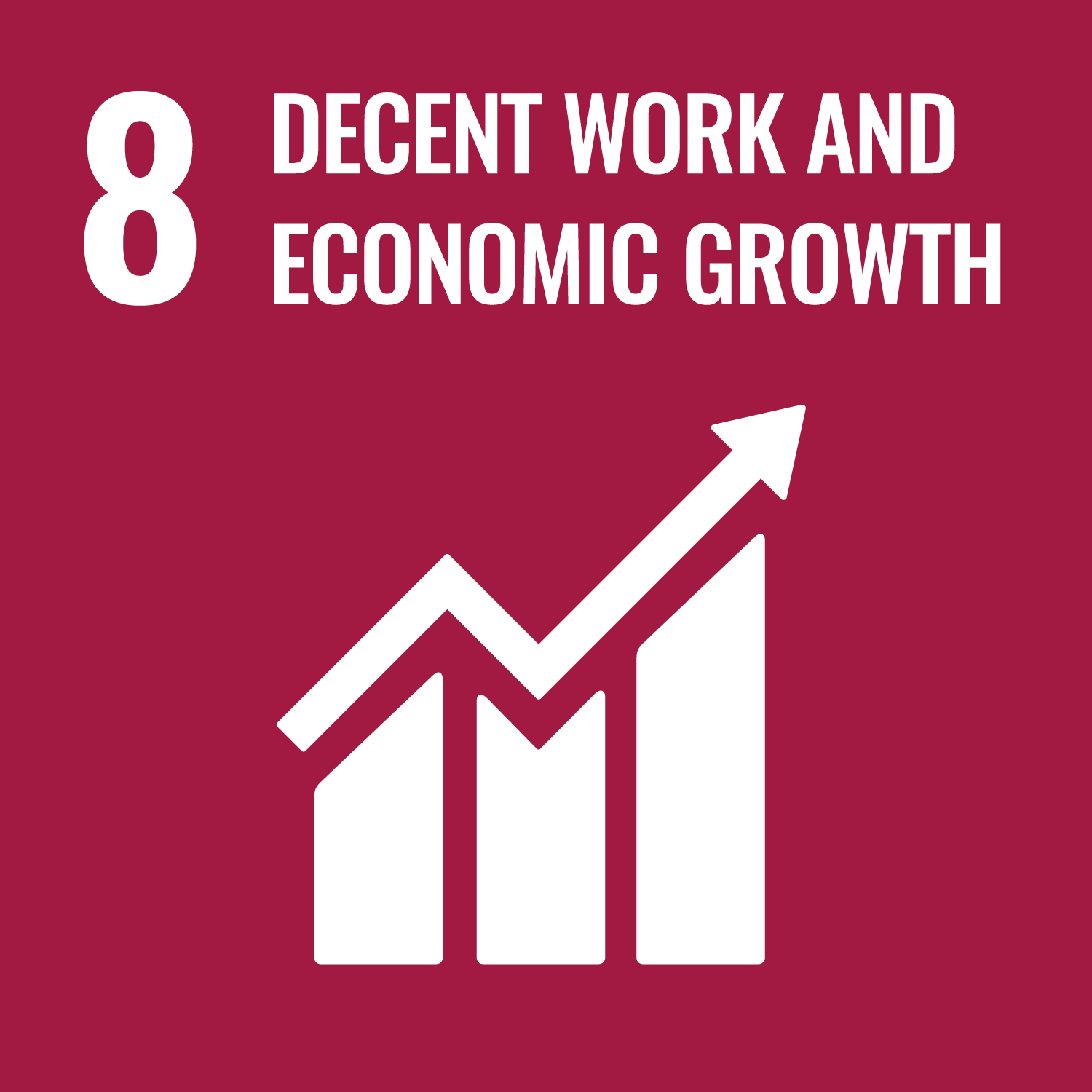Interested in this fund?
Log in or create an account to request more information.
Gain a deeper and comprehensive understanding of how this fund generates positive impact in the themes and SDGs that matter to you, with insights provided by our dedicated team of expert analysts, and receive notifications about new available impact products, exciting investment opportunities, and relevant updates in the world of impact investing.
East African Agriculture Fund LP
United States of America
Last updated 13 May 2020, by Impactyield.
Fund geography
Emerging countries (256) / Africa (127) / Eastern Africa (50) / Kenya (12)
East African Agriculture Fund was established in the fall of 2010. The fund seeks impact investment opportunities in Sub-Sahara Africa to promote sustainable agriculture. Emphasis will be focused on small scale farmers in rural parts of East Africa. Due to the scattered nature of these rural farmers, the fund intends to integrate farmer groups operations, help them produce higher yields of consistent quality produce, support farmer groups organize, educate them to produce desired products and help them approach the market with a business vision.
Access to valuable arable farm land will be vital in our effort to create an investment portfolio which will mainly comprise of smallholder agricultural farm land. Existing small scale farms will be consolidated and farmers trained how to implement better farming techniques. In the long run, through acquisition of ample farm land and application of commercial farming operations, economies of scale will be achieved and arable agricultural farm land will appreciate in value.
Our agents will be based within rural farming communities in order to carry out the fund's investment strategy. We believe East African Agricultural land is substantially undervalued and ideal rural locations with valuable farm land will be chosen for the fund's investment portfolio.
Asset class
Fund status
Fund style
Financial description
Presently the fund is seeking investment capital for early stage investments for the portfolio which will comprise of real assets mainly in agricultural farm land. Risk mitigation will be managed by diversifying the portfolio with available sustainable agricultural land across the East African region. By doing so the fund won't be exposed to the unsystematic risk of just one country in the region. The size of the investments made will depend on the amount of capital that the fund is able to raise. There is no set minimum initial capital requirement from potential investors. However, there will be a long holding period for committed capital to allow the fund's management to fully implement our intervention strategy in smallholder rural farming communities where we make acquisitions.
By requiring longer holding periods for investors committed capital, an investment appraisal of prospective farm land will be carried out. The fund's management will determine which projects yield the most risk- adjusted market return over a desired period of time. Then management will estimate the projected smallholder cash inflows and outflows from agriculture activity, at with point then anticipate if the projected returns will out perform or underperform the MSCI Frontier Index market return.
15 years
of track record
2010
the year funded
n.a.
AUM
Interested in this fund?
Log in or create an account to request more information.
Gain a deeper and comprehensive understanding of how this fund generates positive impact in the themes and SDGs that matter to you, with insights provided by our dedicated team of expert analysts, and receive notifications about new available impact products, exciting investment opportunities, and relevant updates in the world of impact investing.
Asset manager
Key performance indicators
Fund overview
Asset manager: East African Agri
Product track record: Fund has 15 years of track record
Target IRR: n.a.
Committed Capital: n.a.
Target return category: Risk-adjusted market-rate of return
Fund domicile: United States of America
Product status: Open - no committed capital
Style/Stage: Development, Opportunistic, Value-Added
Inception year: 2010
Vintage year: n.a.
Target region: Africa, Eastern Africa, Emerging countries, Kenya
Target close date: n.a.
Product term: 10 years
Assets under management: n.a.
Investment size: Min: 0; Max: 0; Avg: 0
Co-investment policy: Only with LPs
Currency of investments: USD (US Dollar)
Currency for fund / product figures: USD (US Dollar)
Fund investments to date: 0
Fund investments to date exited or repaid: 0
Management fee: 2%
Carried interest: 10%
Hurdle rate: 8%%
GIIN Investors' Council Investment: No
Limited Partners / Investors: n.a.
Limited Partner / Investor Type: Development Finance Institution (DFI), Endowments/Foundations, Family Office, Other Institutional Investors
Contact
E-mail: Brianna@BuzaLLC.com
Website: http://www.buzallc.com
Phone number: +1 256 337 7870
If you wish to have your details removed from this database please email gdpr@impactyield.com
Joseph Katende
Fund Manager
Impact Performance
n.a.
Impact thesis
The fund will aim to empower smallholder farmers strengthen their capacity to manage agriculture chain activities. Farmers can form cooperative societies through which farming inputs and other services can be delivered to their farms. By doing so the fund's intervention strategy will result in the potential to increase the productivity of farmer groups, help alleviate poverty in rural communities and support social-economic growth through out the region.
By using improved seed for planting, providing advice from extension services towards better crop husbandry practices and improvising proper storage facilities for their harvested crop will result in an actual increase in production given the favorable climate conditions around the region.
Crop yields will increase and eventually farmer groups will build profitable businesses and be able to earn sustainable incomes from sales of their produce, gradually reducing the wide spread poverty within these communities.
Social-economic growth in the region will be achieved in the long run when farmer groups' agriculture practices eventually become more efficient and effective towards increasing the food security of the region and beyond.
Involving women to carry out significant roles in their farmer groups will promote gender equality in smallholder rural communities. In doing so, the men in farmer groups won't benefit from agriculture activities at the expense of women who provide the majority of farming Labor.
Impact Management
n.a.






